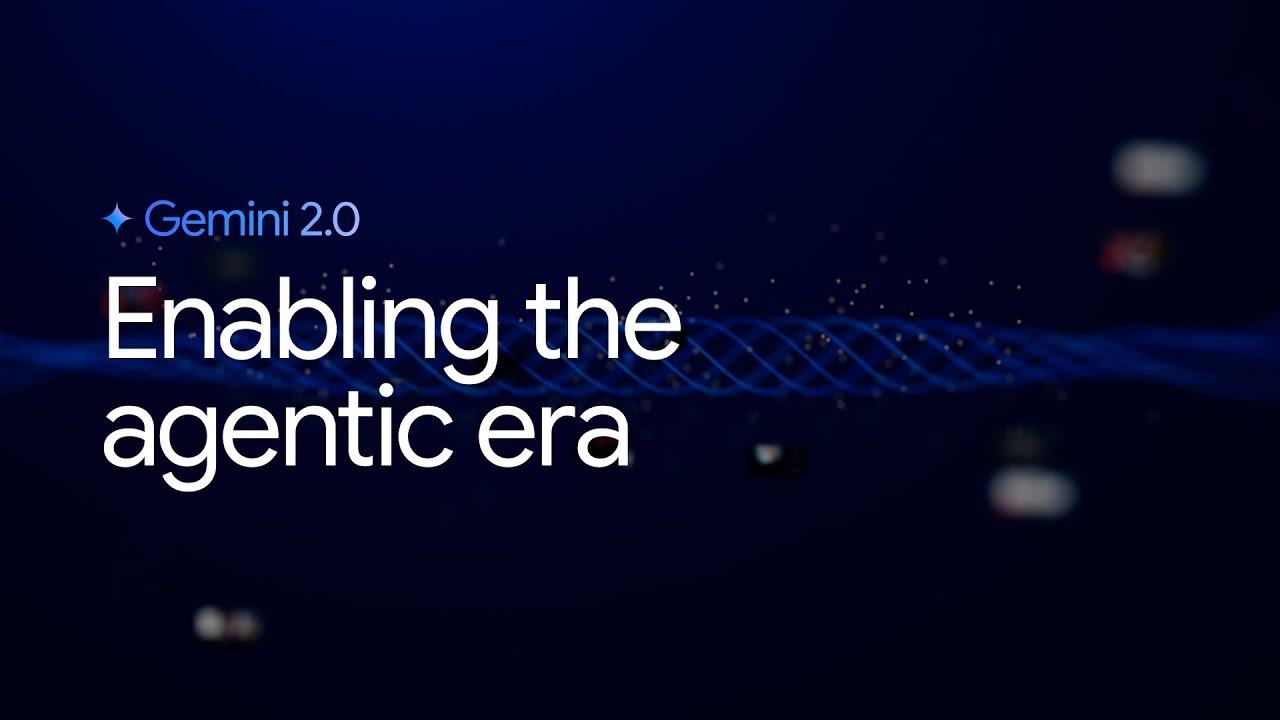
Google's Gemini 2.0 Flash Challenges AI Landscape
Google has unveiled Gemini 2.0 Flash, an advanced artificial intelligence model designed to enhance reasoning capabilities and provide developers with a powerful tool for various applications. This release underscores Google's commitment to maintaining a competitive edge in the rapidly evolving AI sector.
Gemini 2.0 Flash is now available as an experimental model through the Gemini API in Google AI Studio and Vertex AI. It supports multimodal input with text output accessible to all developers, while features like text-to-speech and native image generation are currently offered to early-access partners. General availability for these additional features is anticipated in the coming months.
In conjunction with this release, Google has introduced Gemini 2.0 Flash-Lite, a variant optimized for cost efficiency and low latency. This model is in public preview and aims to provide developers with a more accessible option for integrating advanced AI capabilities into their applications. Additionally, an experimental version of Gemini 2.0 Pro has been launched, boasting improved performance for coding tasks and handling complex prompts. This version is available in Google AI Studio, Vertex AI, and the Gemini app for users subscribed to Gemini Advanced.
The introduction of Gemini 2.0 Flash and its variants highlights Google's strategic efforts to compete with industry rivals such as Microsoft and OpenAI. Microsoft has recently announced new reasoning agents, Researcher and Analyst, for its Microsoft 365 Copilot software, emphasizing the intensifying competition in the AI domain. These developments reflect a broader trend among tech giants to enhance AI models' reasoning abilities and attract users to premium AI services that demand substantial computing resources.
See also ADNEC Group's AED8.5 Billion Boost to UAE Economy in 2024A notable feature of Gemini 2.0 Flash is its support for Retrieval-Augmented Generation . RAG is an AI framework that combines the strengths of traditional information retrieval systems with generative models, enabling AI to access external information beyond its training data. This integration allows for more accurate and contextually relevant responses, addressing limitations inherent in models that rely solely on static training datasets. By dynamically retrieving and incorporating new information, RAG reduces the need for frequent retraining and enhances the model's ability to provide up-to-date insights.
The adoption of RAG within Gemini 2.0 Flash aligns with a broader industry movement toward integrating retrieval-based techniques to improve AI performance. Companies are increasingly leveraging RAG to connect large language models with their proprietary data, thereby enhancing productivity and mitigating issues such as AI hallucinations-instances where models generate incorrect or nonsensical information. For example, firms like Shorenstein Properties have utilized RAG to automate file tagging and organize data more efficiently, demonstrating the practical benefits of this approach.
Notice an issue? Arabian Post strives to deliver the most accurate and reliable information to its readers. If you believe you have identified an error or inconsistency in this article, please don't hesitate to contact our editorial team at editor[at]thearabianpost[dot]com . We are committed to promptly addressing any concerns and ensuring the highest level of journalistic integrity. Legal Disclaimer:
MENAFN provides the information “as is” without warranty of any kind. We do not accept any responsibility or liability for the accuracy, content, images, videos, licenses, completeness, legality, or reliability of the information contained in this article. If you have any complaints or copyright issues related to this article, kindly contact the provider above.






















Comments
No comment